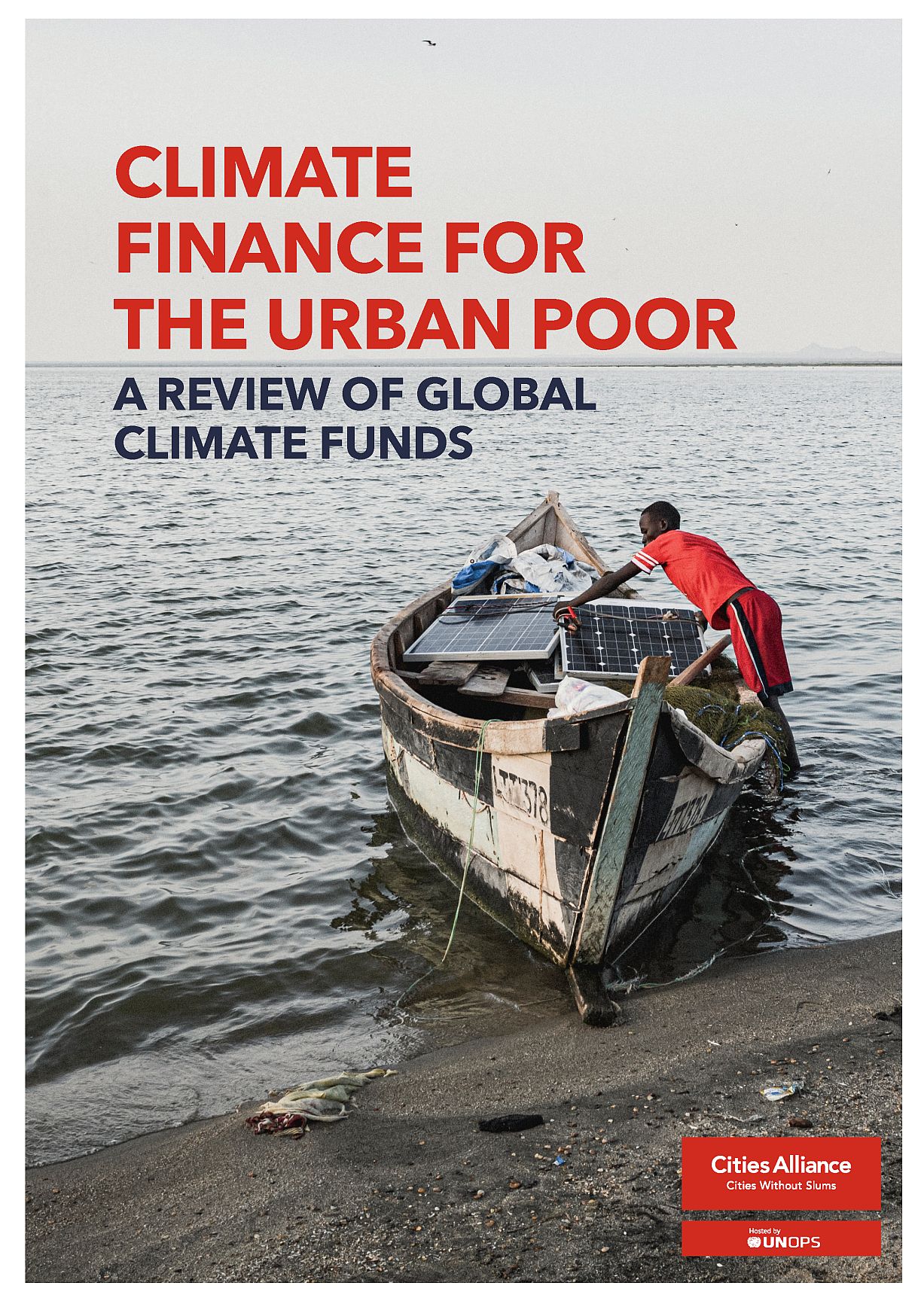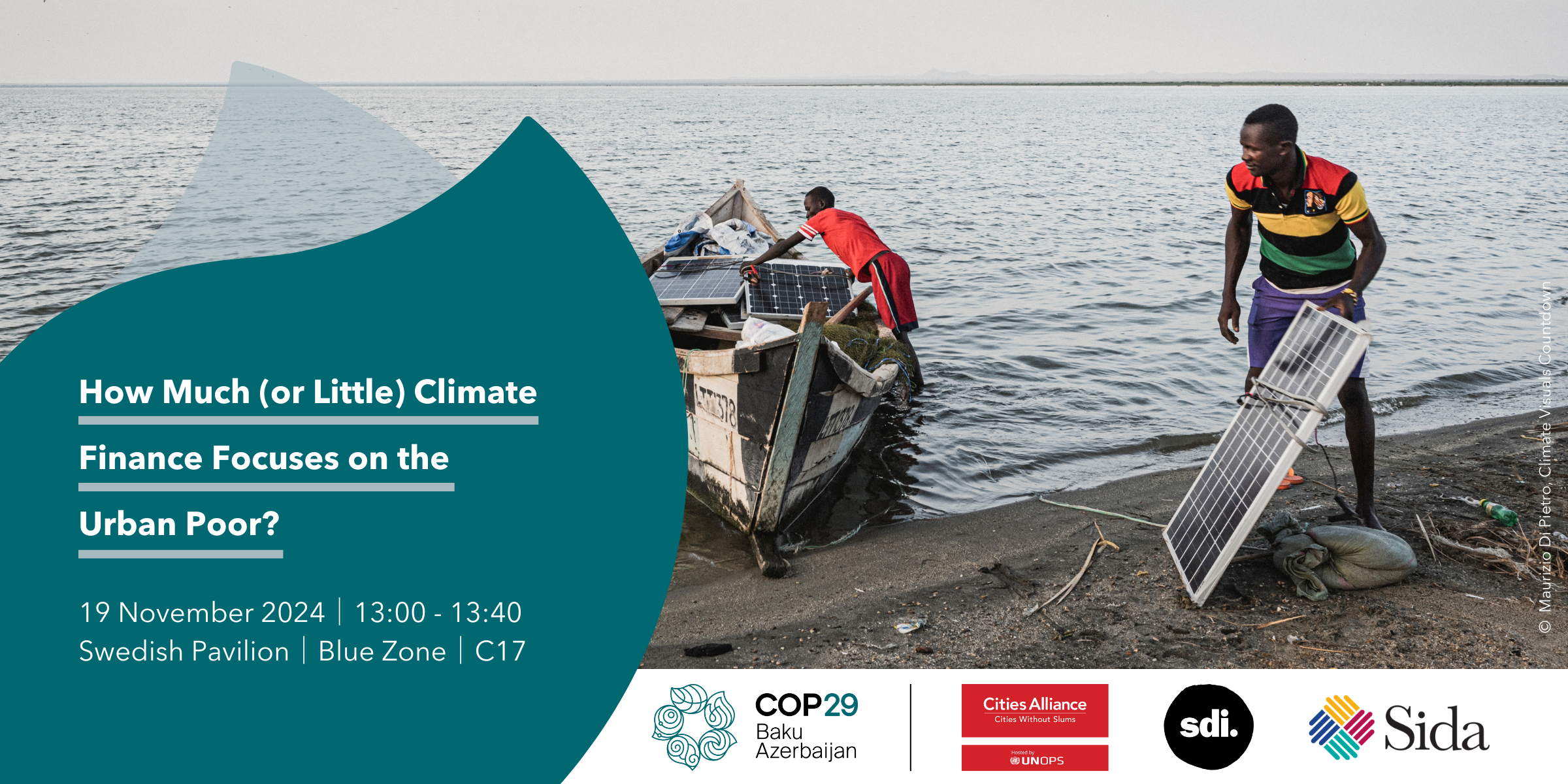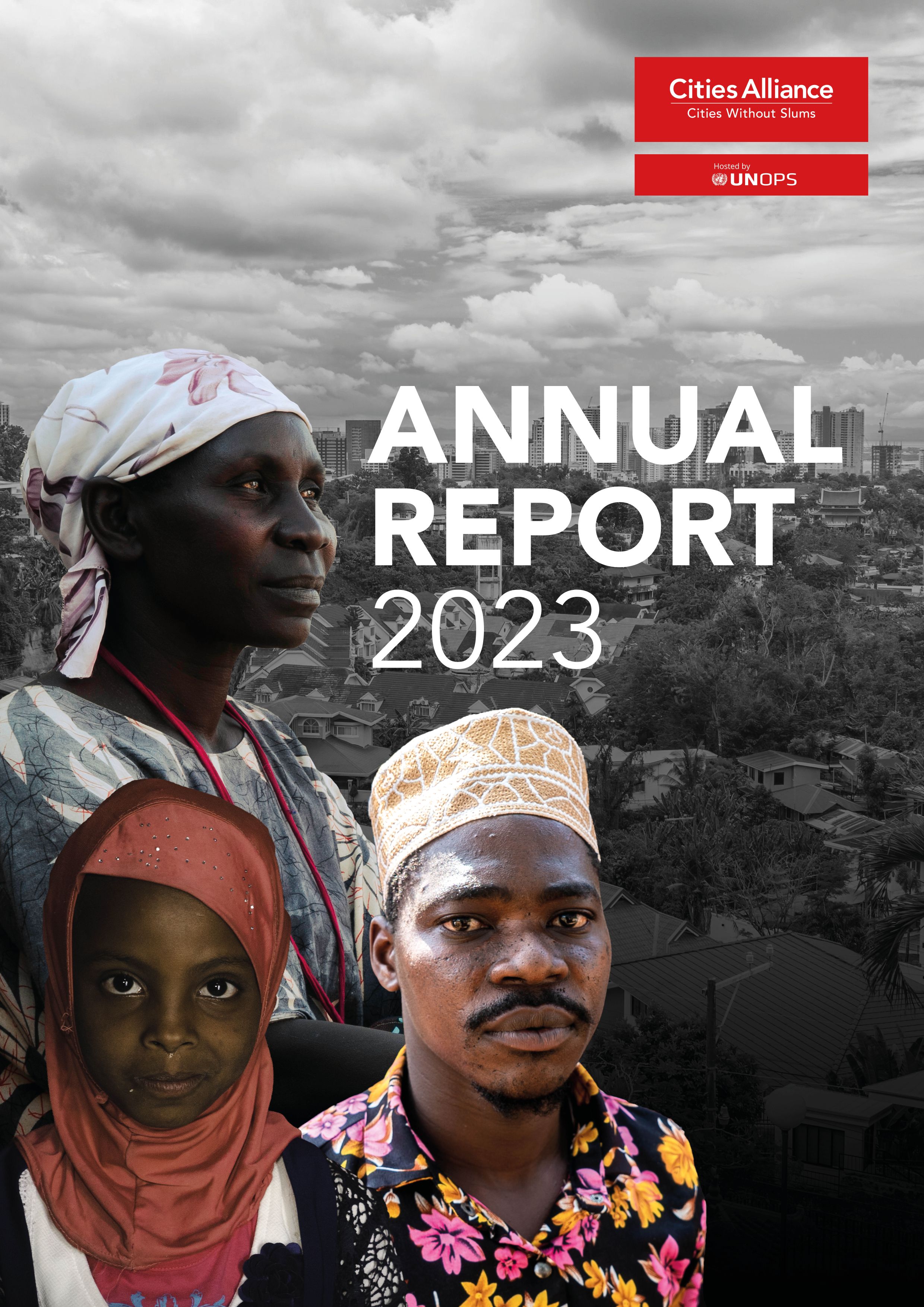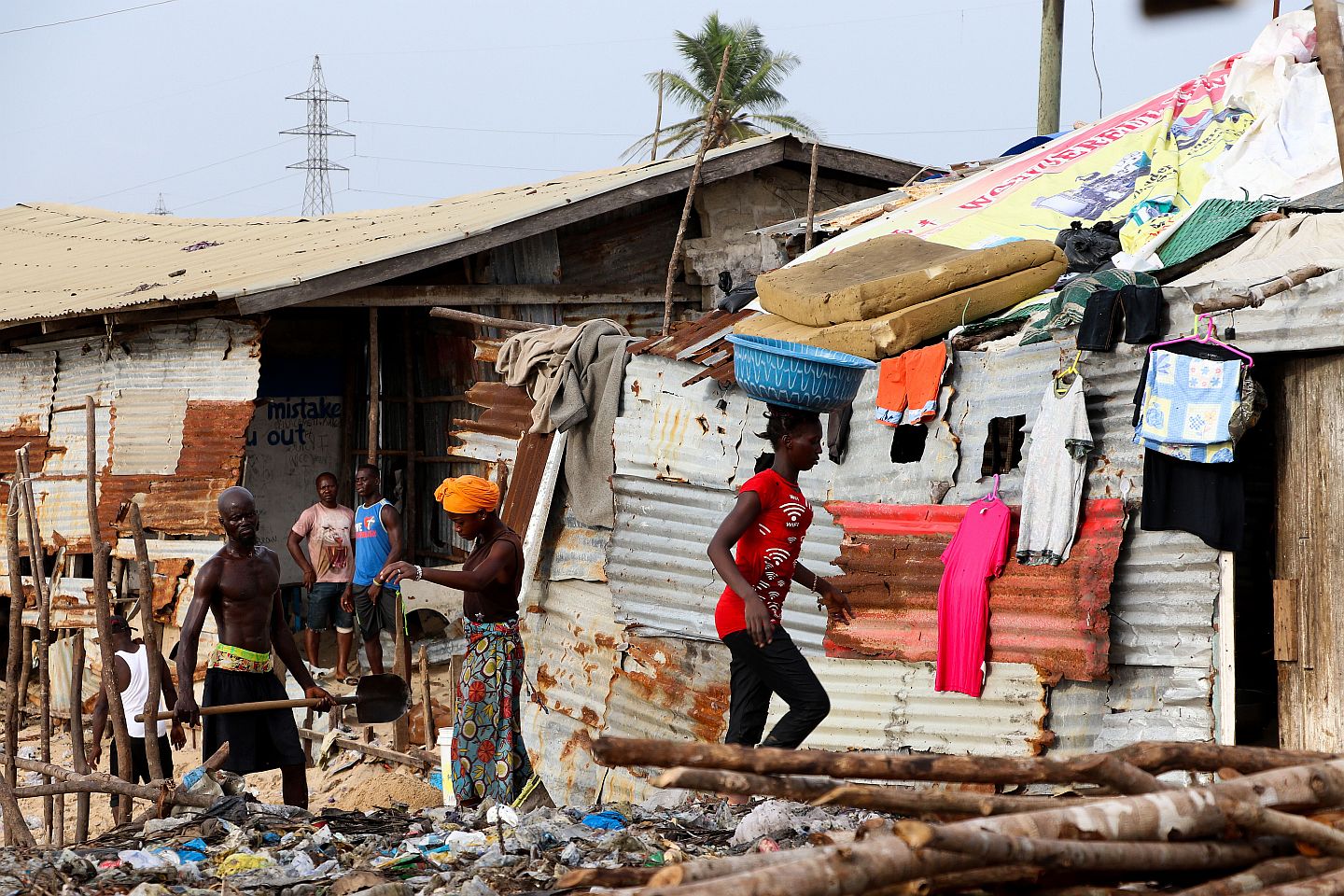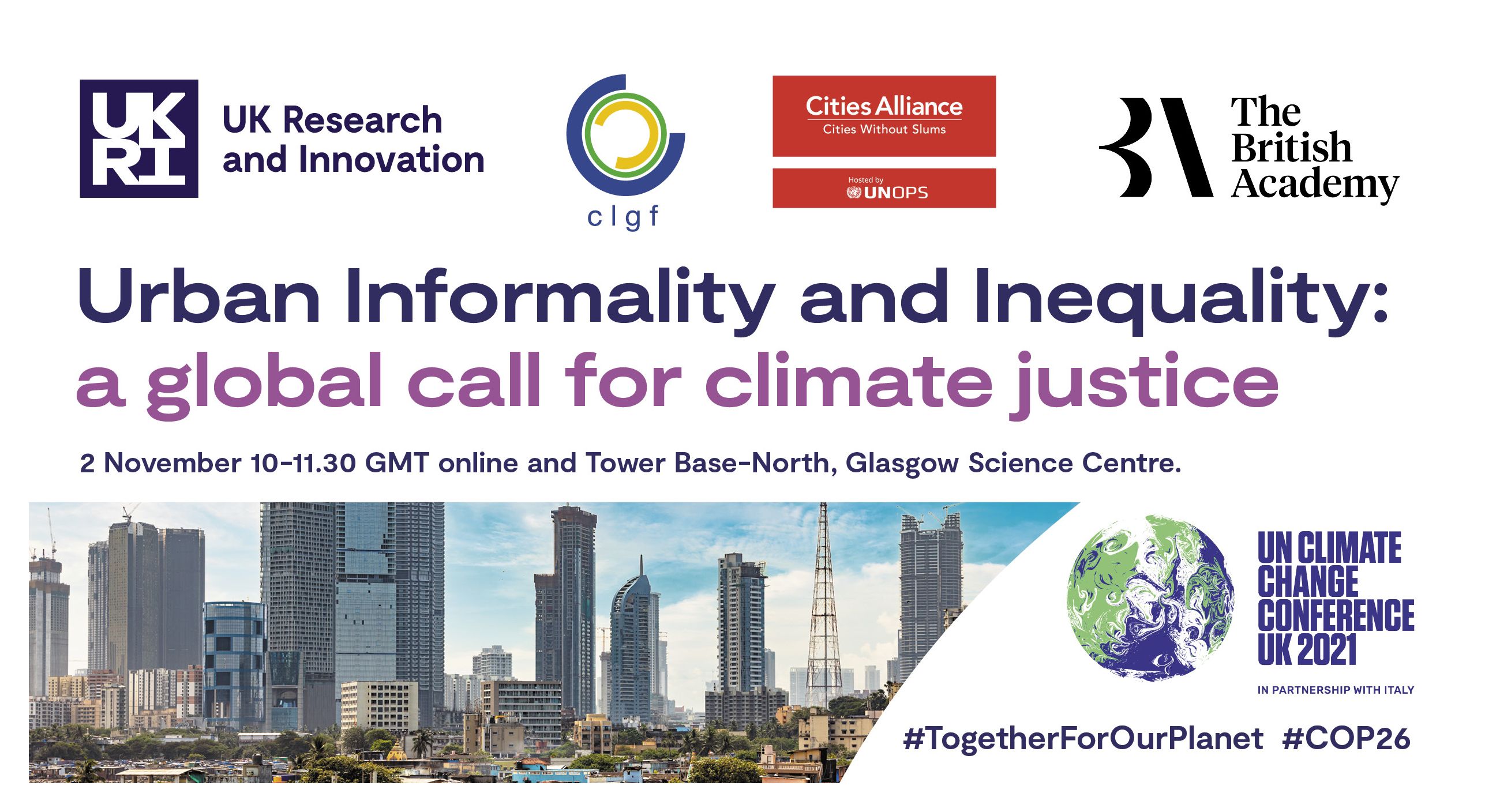Urban poverty has always been at the heart of the mission and activities of the Cities Alliance. This focus is embodied in our tagline, Cities Without Slums.
“The Cities Without Slums initiative is a creative and daring response to urban poverty… Poverty reduction and upgrading of informal settlements will not be possible unless cities are productive and efficient, and capable of providing the poor with economic opportunities to build their assets and incomes.” -- Former South African President Nelson Mandela, Patron of the Cities Without Slums Initiative
Urban poverty is also one of the most challenging issues in development, because it is a function of many things. It is also related to global trends, such as trade relations between countries and extractive industries, among others. No one can walk into any context and solve the issue of urban poverty.
Poverty is, however, exacerbated by issues that we can impact on, including housing affordability, jobs, and policies.
And that is where the Cities Alliance positions itself: In the context of poverty, can things be better? How can they be better? A fundamental part of addressing urban poverty is about respect for the rights of poor people to be in the city and the ability to trade. It is about promoting the concept of the inclusive city and providing space and services for everyone at all levels – national, local, and community.
Governance systems
Cities Alliance engages with national governments to consider their policies and recognise that cities, if managed properly with an integrated approach, can create a policy environment for dealing with poverty in a more effective way.
Developing integrated systems of cities
Looking at the national economy in an integrated way can help ensure that there is a flow of economy between cities, especially secondary cities. Trade should not be only extractive (taking things out of the country), but a relationship between raw materials and products of rural areas, creating a flow of economy between cities so that people have access to greater markets and increased prosperity.
Rethinking service provision to promote economic growth
Often, service delivery emphasises environmental health, with a focus on water and sanitation – which is important. However, a city provides services that can have an impact on jobs. For example, consider electricity, which is central to job creation. Many people in informal settlements lack access to electricity and rely on charcoal for baking and cooking.
Building local government capacity
To play their role in providing services, local governments need the capacity and mandate to do it. Often there are few incentives to attract the best people, workers lack the qualifications for city management, and local governments are poorly structured.
Cities Alliance focuses on the incentives, structure and skills needed to manage the city. We advocate around the issue of building local government capacity and approach it pragmatically within the Country Programmes in various ways, such as by helping cities developing training programmes.
Empowering the urban poor
Empowered, informed residents are important components of reducing urban poverty. If communities are always expecting to be removed and resettled, that is what they will likely get. But if residents organise themselves and have a good sense of their rights and the specific responsibilities they need to play – such as paying for services or investing in their houses – they can work with the local government to develop lasting solutions. Cities Alliance works directly with civil society to help the urban poor build their capacity to engage.


